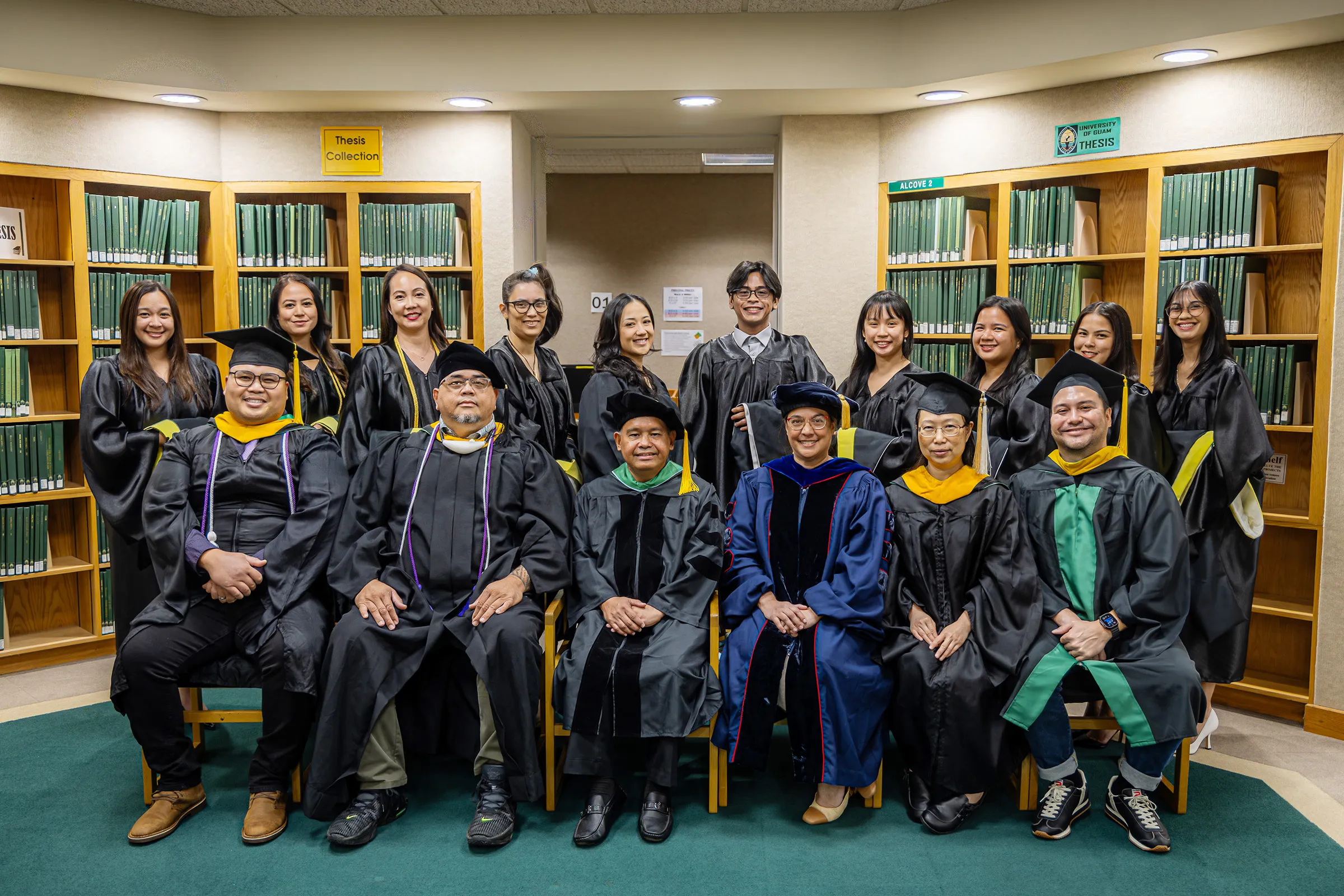Fingers crossed
ELECTED officials who believe that to govern is to tax and spend should ensure there is an economy capable of generating the taxes they wish to spend. They cannot take the existence of that economy for granted. They cannot skip Step 1 (economic growth) and go straight to Steps 2 and 3 (tax and spend). They may try to ignore arithmetic, but they cannot repeal it. They cannot spend money they don’t have. But they’ll try.
Sadly, because politics is usually about the short term, some elected officials believe the government can still collect enough revenue even as the economy declines. How? By chasing quick money — whether from the feds or from the poor saps still hanging on in the CNMI. Never forget: A government’s annual budget is based on revenue projections — which, like magic, can be “increased” by including expected revenue from proposed tax or fee hikes, regardless of whether that revenue can actually be collected. This may be good politics, but it’s bad for the government’s fiscal health, and it places yet another burden on businesses and other taxpayers. Tough. But for most politicians, the main goal is simply not to lose the next election — even if that means indulging in deficit spending and piling on more debt.
Perhaps the new leadership will prove us wrong. Please prove us wrong.
Here’s a thought
UNDER direct U.S. rule during the Trust Territory era, the NMI economy consisted of a few business establishments (mostly stores), mostly subsistence farming and fishing activities, and government employment.
Today, the NMI is a self-governing U.S. Commonwealth, but its immigration and minimum wage policies are set by faraway politicians and bureaucrats with little or no interest in the unique economic needs of small, remote islands with a small (and dwindling) population. Not surprisingly, deprived of the key economic tools that once boosted the local economy, many CNMI leaders now look to the federal government to provide more money.
“They could not know that the more than 100,000 local government units in the United States are also trying to get the United States Government to give them more money to provide better facilities and services, and that even the highly developed America economy is not productive enough, nor is the tax base large enough to grant all of these requests.”
That’s from the famous 1966 Nathan report regarding the NMI and the other Trust Territory districts.
Over half a century later, it seems the NMI is back to where it started — a limited-scale economy, a top-heavy government, and a deepening dependence on the U.S. government. But there is one crucial difference. Unlike the residents of the Trust Territory back then, today’s local residents are U.S. citizens — and they’re not stuck here.
Washington knows it. Could that be why there seems to be absolutely no sense of urgency on the part of the U.S. government to help the CNMI help itself? Instead, what we’re seeing is the steady imposition of one ill-suited federal mandate after another — perhaps until local residents give up trying to improve the economy and, like their fellow U.S. citizens in the States, head elsewhere in search of better opportunity.









